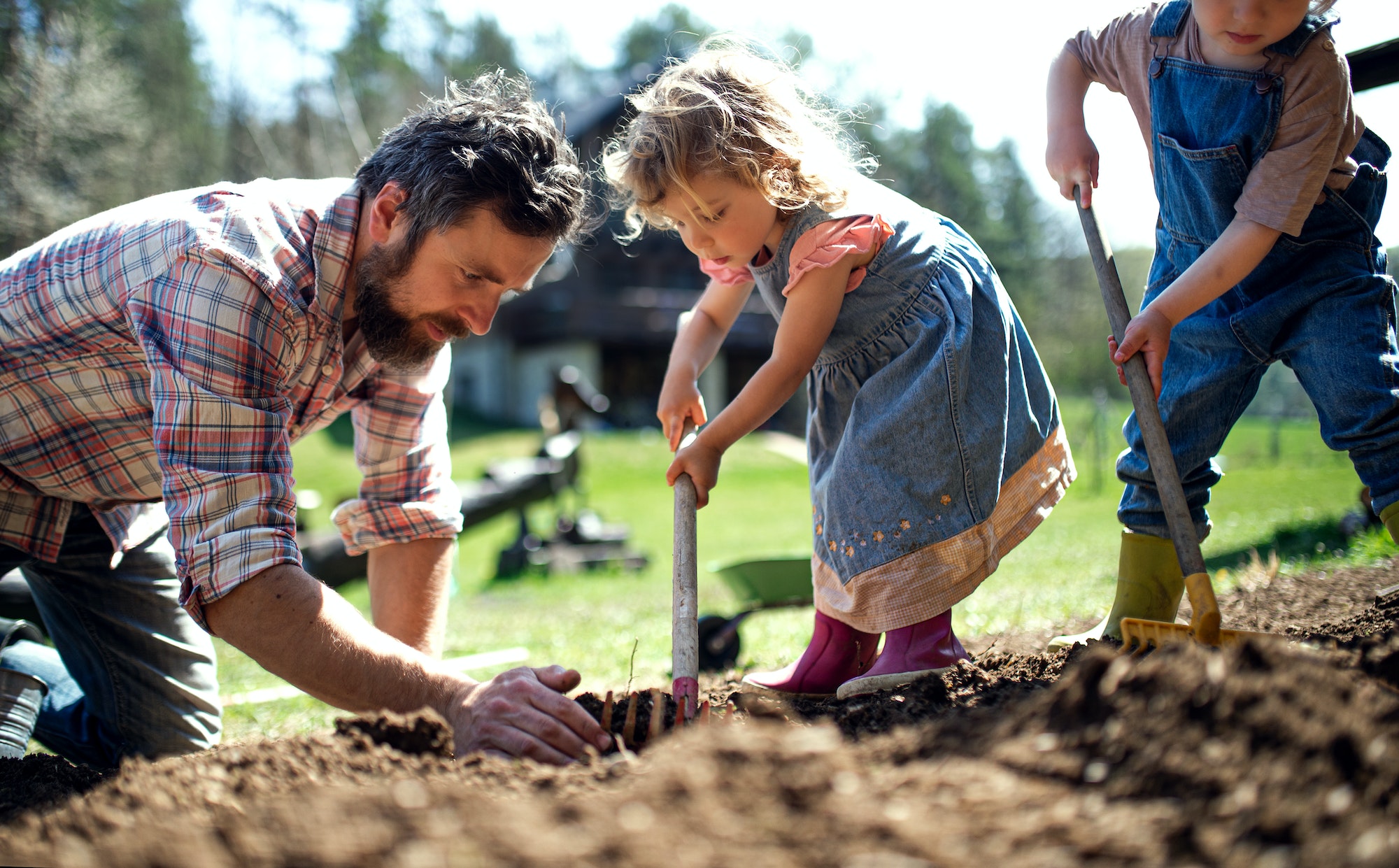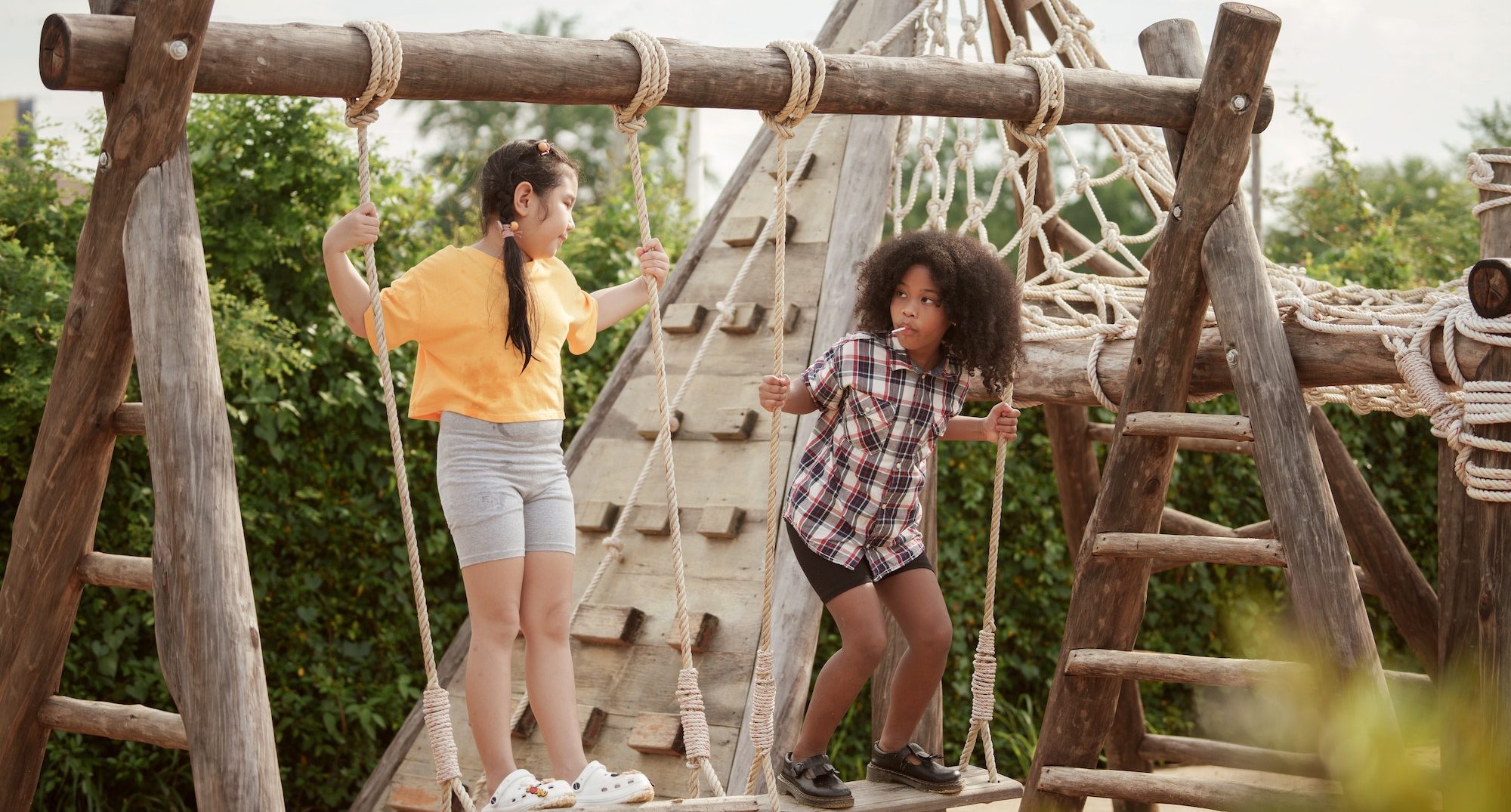The Power of a Multisensory Approach to Connect with Nature

Engaging with Nature through All of Your Senses: Benefits and Tips
Multisensory engagement with nature can have a profound impact on our physical, mental, and emotional well-being. Engaging with nature through all of our senses can create a deep connection with the natural world, leading to reduced stress and anxiety, increased creativity, and improved physical health. From the feel of rough bark on a tree to the sound of a babbling brook, each sense can provide a unique experience that helps us appreciate and understand the natural environment around us. In this article, we will explore the benefits of engaging with nature through all of your senses and provide tips for incorporating multi-sensory experiences into your outdoor activities.
What is a Multisensory Approach?
A multisensory approach is one that engages all of our senses, not just sight. It recognises that we experience the world through touch, taste, smell, and sound, as well as through our eyes. When we engage with nature through all of our senses, we create a more meaningful connection with the natural world. This can lead to a greater appreciation for nature and a desire to protect it.
A multisensory approach is a way of engaging with the world that recognises the importance of all our senses in creating meaningful experiences. It is an approach that has gained popularity in recent years, as people have started to realize the benefits of engaging multiple senses, especially when it comes to nature connection.
When we engage with nature through all our senses, we can experience it on a deeper level. For example, the sound of birds singing, the scent of blooming flowers, the texture of leaves, and the taste of fresh fruit all contribute to a more immersive experience of being in nature. By incorporating these different sensory experiences, we can create a more holistic and complete picture of the natural world.
This multisensory approach is especially important when it comes to nature education and conservation. By engaging with nature through all our senses, we can create a more personal and emotional connection with the natural world, which in turn can lead to a greater appreciation for it and a desire to protect it.
Multisensory experiences have been shown to have numerous benefits for our physical and mental health. For example, spending time in nature has been linked to reduced stress and anxiety, improved mood, and increased creativity. By engaging all our senses in nature, we can maximise these benefits and create a more well-rounded and fulfilling experience.
The Benefits of a Multisensory Approach
Engaging with nature through our multisenses has many benefits. Here are just a few:
- Reduced stress and anxiety: Studies have shown that spending time in nature can reduce stress and anxiety. Engaging with nature through all of our senses can deepen this effect, helping us to feel more calm and centred.
- Increased creativity: Being in nature has been shown to increase creativity. When we engage with nature through all of our senses, we are exposed to a variety of stimuli that can inspire new ideas and ways of thinking.
- Improved physical health: Spending time in nature can improve physical health by reducing blood pressure, boosting the immune system, and improving sleep. Engaging with nature through all of our senses can deepen these benefits by providing a more immersive experience.
- Greater appreciation for nature: When we engage with nature through all of our senses, we develop a greater appreciation for the natural world. This can lead to a desire to protect it and make more environmentally conscious choices.

Multisensory experiences create meaning
We understand how important it is for parents to create meaningful experiences for their children. That’s why we believe in engaging all the senses when exploring the outdoors with your family. By incorporating activities that stimulate sight, sound, touch, smell, and taste, you can ensure that your children will have a more personalized and memorable experience. Our senses also play a crucial role in memory, so engaging them during nature exploration can help your children remember their experiences for years to come. So, we encourage parents to take a multisensory approach when connecting with nature and creating lasting memories with their children.
How to Engage with Nature through All of Your Senses
Engaging with nature through all of your senses is easy to do. Here are 4 tips:
- Take a nature walk: Walking in nature is a great way to engage with all of your senses. Pay attention to the sights, sounds, smells, and textures around you.
- Try wildcrafting: Wildcrafting is the practice of gathering wild plants for food, medicine, and other purposes. When you engage in wildcrafting, you are engaging with nature through taste and smell.
- Listen to nature sounds: Listening to the sounds of nature can be very calming. Try listening to bird songs, rustling leaves, or a babbling brook.
- Touch and feel: Touching and feeling different textures in nature can be a great way to engage with your sense of touch. Feel the rough bark of a tree, the soft petals of a flower, or the smooth surface of a rock.
At BusyBoards London, we believe that engaging with nature through all of our senses is the key to creating a meaningful connection with the natural world. By taking a sensory approach, we can reap the many benefits of spending time in nature, including reduced stress and anxiety, increased creativity, improved physical health, and a greater appreciation for the environment. Whether you are taking a nature walk, trying wildcrafting, listening to nature sounds, or simply touching and feeling the world around you, there are many ways to engage with nature through all of your senses. So get outside and start exploring!